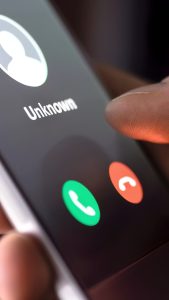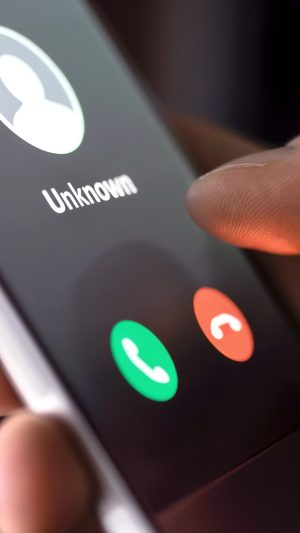
Scam cases in Singapore are at an all-time high this year, with 10,402 reported as at August, nearly double the 5,229 for the same period last year.
Scammers can appear convincing, but there are a few signs that can help you figure out if a call, message or e-mail is genuine.
Q: Can I tell if a call is fake before I pick up?
A: Yes. Be on your guard when the call is from an unknown number or is prefixed with a plus (+) sign, as the call is likely coming from overseas.
Watch out in particular for calls that come with a +65 prefix, which looks like Singapore’s country code, but are actually overseas calls. Domestic calls will not display the + prefix.
Q: Can I tell if a call is fake based on what the caller says?
A: Yes. Scammers will often fake attractive deals such as low-interest loans and free gifts to lure you.
Regardless of what they are offering, to get your money, scammers will need to ask you for your personal or financial details such as bank account numbers and passwords at some point, or request payment for services rendered over the phone.
Genuine callers from a government agency or service provider will not ask for these details or payment.
Q: What about calls where I am told I have a problem that needs fixing?
A: This is an increasingly common tactic that scammers are employing to play on unsuspecting users’ anxieties. For example, Singtel said the most common type of scam call encountered by its customers pretended to be from tech support.
Watch out for callers who ask you to download a certain software or app so they can “help” you fix the fake problem. You could be handing them the remote control keys to your device instead. If you suspect you are the target of a scam call, hang up immediately.
